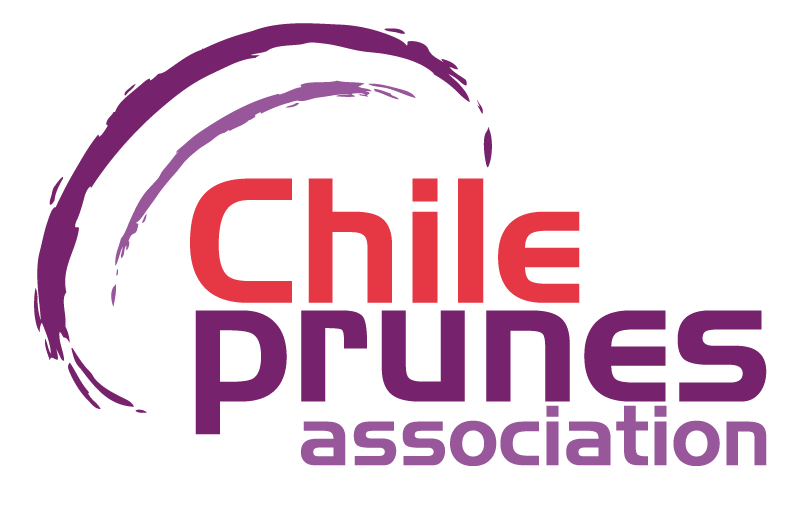Prrunes continues to surprise: In recent years enough scientific evidence has accumulated to consider prunes as one of the best foods for the treatment of osteoporosis, which affects older people, especially women.
The evidence was granted by researchers from the U. George Mason Department of Nutrition and Food Studies in Virginia, USA, and the Texas A&M AgriLife Research at College Station, with other institutions involved in the study such as the Bone and Signal Laboratory at NASA’s Ames Research Center, the Department of Radiation Oncology at the University of California-Irvine and the Division of Endocrinology of the U.
Now, a few weeks ago, Dutch researchers noted that there is a possible relationship between vitamin K – which has in abundance prunes – and the body’s response to coronavirus (source: Food Magazine/12 July 2020)
Researchers from that country, in collaboration with the Maastricht Institute of Cardiovascular Research, monitored 134 patients hospitalized with coronavirus between March and April. Alongside this, the researchers also studied a control group of 184 patients of the same age who did not have COVID-19.
Measurements detected a direct link between vitamin K deficiency and disease severity. Indeed, there is a connection between low vitamin K levels and accelerated decomposition of tissue fibers, including elastin that is involved in lung disease. Vitamin K plays a role in the production of proteins that regulate clotting.
“We are without a doubt, facing a spectacular product. And this finding, in addition to the other benefits of prunes, has led to a greater interest in this fruit, which is consumed in dishes related to red and white meats typical of the often ancestral culture of that market, in pastries, desserts, breakfasts mixed with yogurt and other fruits, snack and in various packaging for consumption at any time of the day” , says Pedro Acuña, executive director of Chileprunes.
California Prune Board (CPB) European Marketing Director Kevin Verbruggen says: “We note from the study’s findings that vitamin K is not a treatment for COVID-19, although it illustrates that poor vitamin K status is linked to poor prognosis.”
Why it’s a superfood
The benefits of prunes, with scientific evidence already demonstrated, are many. One of the best known is to be a natural remedy against constipation. In 2011, the Alimentary, Pharmacology and Therapeutics published an article in which he mentions that this fruit is high in fiber and sorbitol, components that help to have a better bowel movement and relieve constipation.
In addition, it relieves constipation, prevents premature aging, promotes cardiovascular health, to which is added a great antioxidant power. Prunes are an excellent source of fiber, in fact, in 100 grams of the fruit there are 6.1 grams of fiber.
It also reduces the risk study of cancer: A 2015 study by the Boston Conference of Experimental Biology found that they helped lower the risk of colon cancer by facilitating the retention of gut bacteria in the colon.
They also contain boron, mineral that can help build strong bones and muscles. This fruit can prevent the effect of radiation on the bone marrow, therefore it helps that there is no loss of its density.
Another benefit of this fruit is that it helps reduce cholesterol levels, as they are an important source of antioxidants. A study by the British Journal of Nutrition mentions that antioxidants along with the soluble fiber containing prune pass can help reduce cholesterol levels, and also delays the development of arterosclerosis.
A serving of 28-gram pruning prunes contains vitamins K (21% of the recommended daily intake) and in lesser quantity, vitamins A, B2, B3, B6; minerals such as potassium, iron, copper, manganese, magnesium and phosphorus.
Finally, this fruit is ideal when we need an extra supply of rapid energy, thanks to its very high sugar content (simple carbohydrates).
“As the world’s leading exporter of prunes, we invite you to consume this product in any of its formats,” adds Pedro Acuña of Chileprunes.
Source: Chile Prunes



